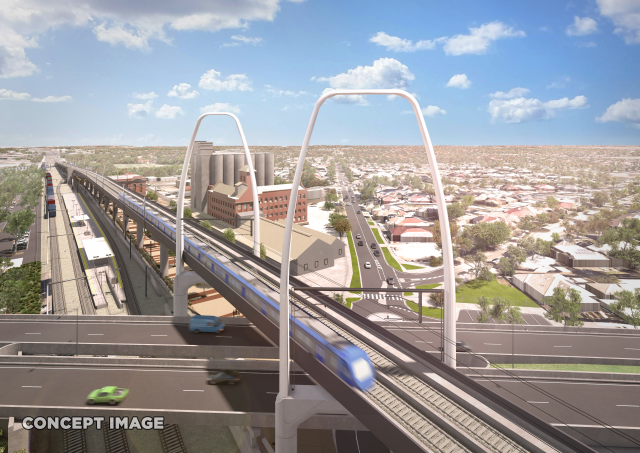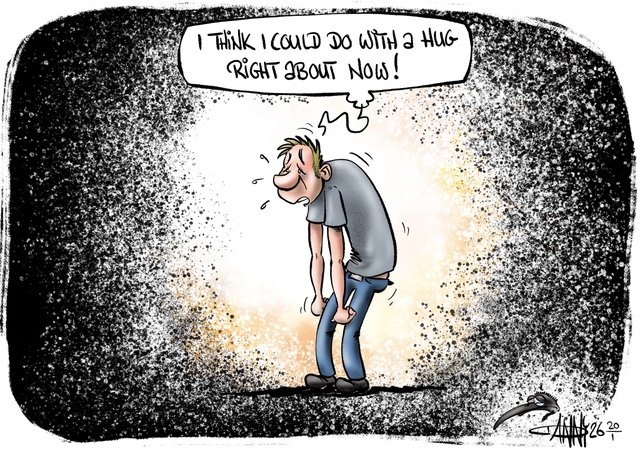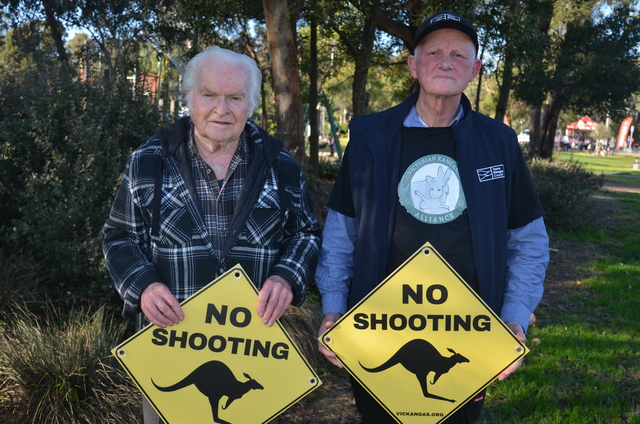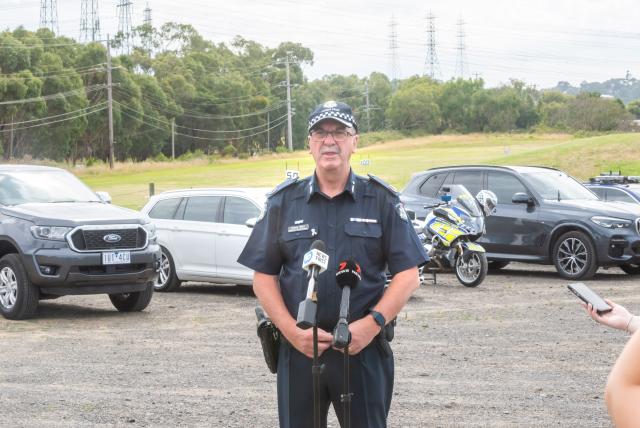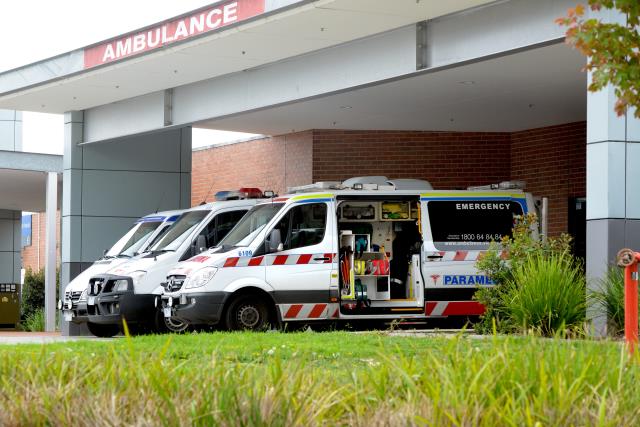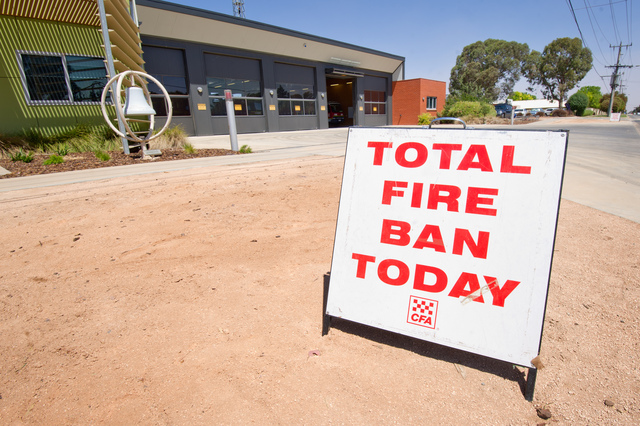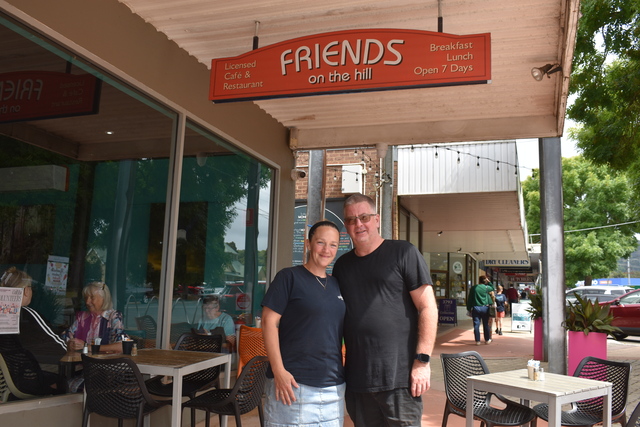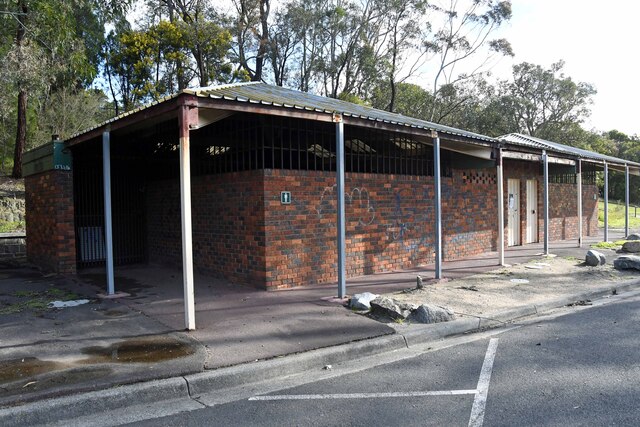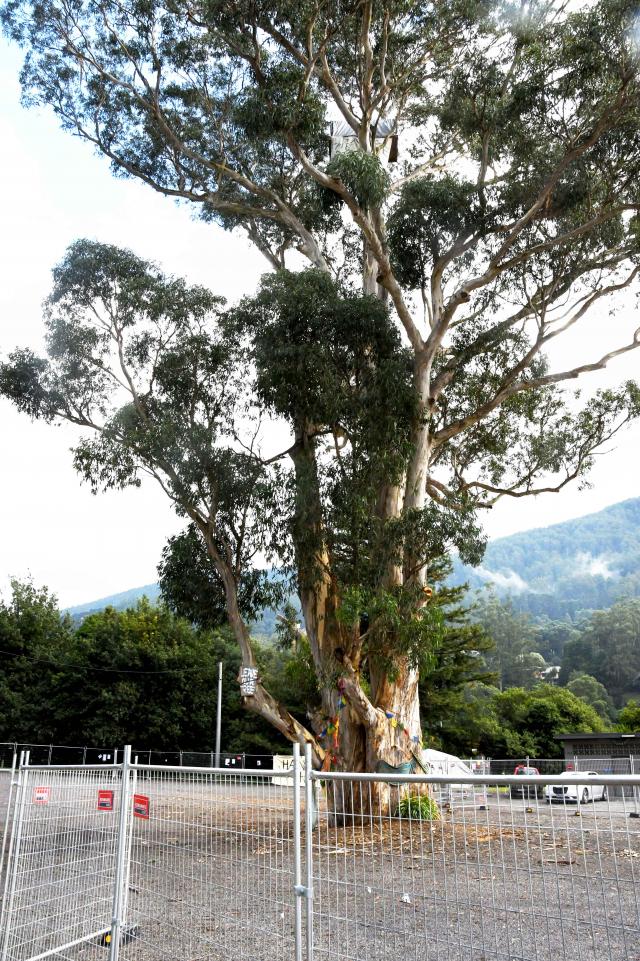The Victorian Government handed down the 2024-2025 state budget which has disappointed the local tourism industry with a lack of funds supporting Yarra Ranges tourism.
The priorities of the budget shifted to supporting families, weathering the cost-of-living crisis, and focusing on core social services of health, education and emergency services which caused the slashed support in tourism.
Victoria Tourism Industry Council CEO Felicia Mariani said there were few surprises given the industry was steeling itself for a very challenging budget hand down.
“In a tough fiscal environment this budget has clearly defined the priorities for the Victorian Government over the next four years, and the visitor economy will take a back seat to the delivery of core services and mitigating the strains of the current cost of living pressures,” she said.
“It’s incredibly hard to come to terms with the slashing of the destination marketing budget for Visit Victoria from $32.5 million in one year to $32.5 million over four years.
“This is a significant body blow in an environment where we are trying to overtake Queensland in the number two spot for total tourism spend, a position we forfeited during Covid.”
There is a drop in investment for major events and tourism with $183.8 million being spent compared to $469.8 million last year.
$32.5 million is provided over four years for the delivery of destination marketing activities to support Victoria’s visitor economy, $9.4 million over four years is provided to the Business Events Fund which attracts high-yield and high-profile international business events to Victoria, and to the implementation and enforcement of the Major Events Act 2009, and $3.3 million is provided in Fiscal Year 25 to support Victoria’s regional tourism boards and visitor economy partnerships.
Another $11 million is spent to support the work of the Great Outdoors Taskforce, which will work on developing future uses of the State forests and $4.5 million is for the Victorian Festivals Fund, further strengthening the State’s events calendar.
Yarra Ranges Tourism CEO Simon O’Callaghan said the impact of less major events funding would no doubt have a knock-on effect for the Yarra Valley and Dandenong Ranges.
“It is probably premature to gauge what that might look like, given we rely on promoting our region as a value add visitation opportunity to those coming to Melbourne for events from regional Victoria or Interstate,” he said.
“Several of the core events that see an uplift in visitation to our region will continue, such as the Australian Open, Spring Racing Carnival and Grand Prix. Many of our local signature events, like the Tesselaar Flower Festivals, Rochford Concerts and Belgrave Lantern Festival, will also continue to support regional visitation as they are privately owned and operated.
“The funding announced will still allow our region to bid for funds, for the right activity, such as when we hosted the Rone Empire exhibition at Burnham Beeches several years ago.”
Despite the slashing, Mr O’Callaghan hopes that the Yarra Valley and Dandenong Ranges tourism sector gets enough support from the State Government as a major employer of local jobs.
He said Yarra Ranges Tourism identifies an area which is needing the support of the State Government.
“An area identified by our Destination Management Plan needing greater support is the servicing and maintenance of civic infrastructure, such as our National Parks, Forests and Waterways, along with the funding programs that support local governments to enhance their public spaces that both locals and visitors enjoy,” he said.
“Ongoing, we are striving to achieve greater night-time activity for the region and attract off-peak visitation, so support for such initiatives will remain important for us as Melbourne’s population continues to grow.
“We are also aware of future programs that will support the region from the Commonwealth Games support package that was previously announced.”
The latest budget also announced the delay of the Melbourne Airport Rail Link project by a minimum of four years which makes it hard for Victoria to attract tourists interstate and internationally.
“This is a critical piece of infrastructure in cementing our position as a global destination, and we need to see some movement toward compromise and resolution,” Ms Mariani said.
Mr O’Callaghan said, however, the Yarra Ranges needs to solve the problem of local transport prior to considering the Airport Rail.
“With three train lines on the edge of our region, Airport Rail will be an essential part of the transport mix for interstate and international visitors into the future,” he said.
“However, in the short term, we need to improve local transport solutions throughout the region for visitors across both the public and private sectors to achieve more sustainable travel outcomes.”

